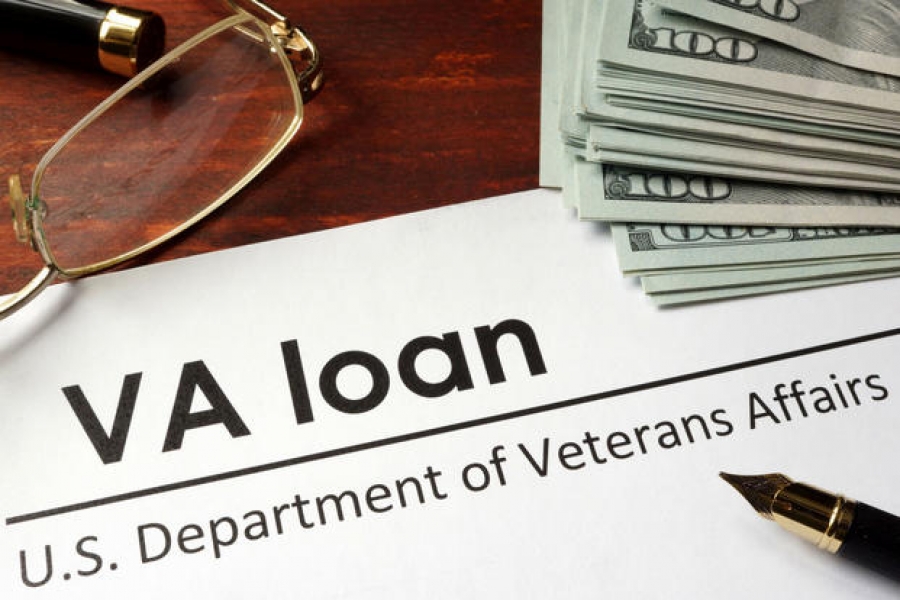When a military veteran decides to own a home, they have a number of financing options on the table. As usual, the very best would be to have enough cash savings to complete the project but as you might have guessed, this is not the case for many of them who resort to taking advantage of the diverse lending opportunities available to them.
Among the lending options is the popular VA mortgage. With VA mortgages, eligible military borrowers don’t need a down payment to get to their new home. Except for a funding fee which is often integrated within the mortgage, you can build your dream home without having to part with a single cent.
However, if you don’t have sufficient cash savings, you face an impending bump on the road – closing costs. These are fees that cover things like credit reports, appraisals, insurance, recording and others. VA loan closing costs range between 1% and 3% of the total loan amount for expensive properties and between 3% and 5% of the total loan amount for relatively cheaper properties.
Types of VA closing costs
In practice, the VA has stringent rules when it comes to what veterans are required to pay as closing costs. According to them, some fees are regarded as “customary and reasonable” and therefore can be imposed on VA borrowers. Therefore, VA mortgage closing costs come in two types namely: allowable and non-allowable costs.
Allowable VA costs
The allowable VA mortgage closing costs include the following:
- Appraisals fees (on average from $300 - $500)
- Title insurance (can go as high as $2500)
- Credit reports (May cost anywhere between $50 and $60)
- Survey fee (approximately $400)
- Recording fee (may cost from $20-$250)
- Original fee
Non-allowable VA costs
On the other side of the spectrum, some charges can be deemed non-allowable. These include the following:
- Underwriting fees
- Escrow fees
- Documentation fees
- Processing fees
- Tax service fees
Who pays?
Ideally, all allowable closing costs are taken care of by the veteran borrower. Non-allowable costs can be taken care of by different parties.
- The Seller
Non-allowable closing costs can be handled by the seller of the home as part of the contract. There’s a limit to what the seller can pay as closing costs though. They can only pay up to 4% of the sale price of the property. For instance, if the home is being sold for $400,000, the seller is allowed to pay $16,000 of the cost of the buyer. This is called seller concessions and often caters for things like VA funding fees, property taxes, loan costs, and several other costs.
- The Real Estate Agent
In certain circumstances, the real estate agent in place of the buyer might also step up to the plate and handle some of the closing costs usually in credit form at the closing table.
- The Lender
In yet another scenario, the VA lender can take care of some or all closing costs. Often, the lender will treat this as credit and will typically increase the veteran’s interest to recover their money.
In a nutshell, VA loan closing costs can either be paid by the borrower if they are allowable or paid by the lender, real agent, and the seller if they are non-allowable. As a borrower, it is up to you to review your fees and raise questions if in doubt. After all, it is your money!







